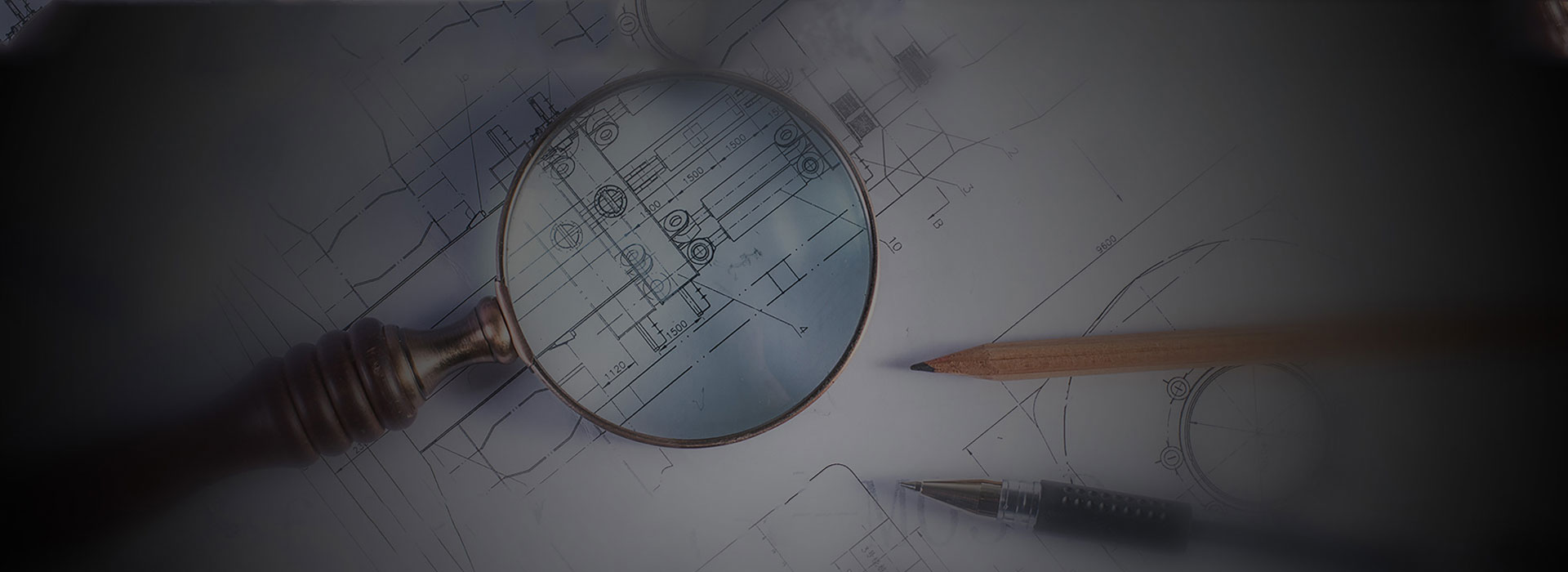What Are Extrusion Parts?
2024-09-23
Extrusion parts play a crucial role in modern manufacturing, providing the framework for producing everything from building materials to automotive components. But what exactly are extrusion parts, and why are they so essential in various industries?

Extrusion is a versatile manufacturing process that involves forcing a material, usually metal, plastic, or composite, through a die to create long, continuous shapes with uniform cross-sections. The components produced through this process are known as extrusion parts, and they can be customized in a variety of sizes and profiles depending on the industry’s needs.
What Is the Extrusion Process?
The extrusion process is relatively simple but incredibly effective. It involves heating the raw material (plastic, aluminum, or other metals) until it becomes malleable and then forcing it through a mold or die. The shape of the die determines the cross-section of the final product. Once the material exits the die, it cools and solidifies into the desired shape, resulting in a continuous part that can be cut to specific lengths.
Types of Extrusion
Extrusion can be classified into two main types based on the material used and the direction of flow:
1. Plastic Extrusion:
In plastic extrusion, raw plastic pellets or powder are heated to a molten state and pushed through a die to form pipes, tubes, or complex profiles used in products like window frames, plastic sheeting, and cable insulation.
2. Metal Extrusion:
Metal extrusion involves heating metals, such as aluminum, copper, or steel, to a semi-molten state and forcing them through dies to create components like automotive parts, construction materials, and structural beams.
Common Extrusion Parts
Extrusion parts are used across various industries, and their applications are nearly limitless. Here are some common examples of parts produced through extrusion:
1. Aluminum Profiles:
Aluminum is one of the most widely used materials for extrusion due to its lightweight and strength. Aluminum profiles are common in the construction of window and door frames, curtain walls, and automotive parts.
2. Plastic Tubes and Pipes:
Plastic extrusion produces a wide variety of tubes, pipes, and profiles. These are used in plumbing, irrigation systems, and even medical equipment.
3. Seals and Gaskets:
In many industries, rubber and plastic extrusion parts are used to create seals and gaskets for machinery, automotive components, and appliances. These parts are designed to prevent leaks and ensure a tight fit.
4. Electrical Cable Insulation:
Plastic extrusion is also used to produce insulation for electrical wires and cables. The continuous extrusion process allows for long lengths of insulated wiring to be manufactured efficiently.
5. Customized Components:
Many industries rely on extrusion for producing customized components with specific shapes, dimensions, and materials. Whether it’s parts for machines, furniture, or consumer goods, extrusion provides manufacturers with flexibility in design.
Advantages of Extrusion Parts
1. Cost-Effective Production:
The extrusion process is highly efficient, allowing manufacturers to produce parts in bulk with minimal waste. The continuous nature of the process also reduces production time, making it more cost-effective.
2. Versatile Material Options:
Extrusion works well with a wide range of materials, including plastics, metals, and rubber. This versatility makes it suitable for various industries, from automotive to aerospace.
3. Customization:
One of the key advantages of extrusion is the ability to create custom shapes and sizes. The design of the die can be adjusted to meet the specific requirements of a project, offering greater flexibility for manufacturers.
4. Durability:
Parts produced through extrusion tend to be strong and durable, especially when using metals like aluminum or steel. The process creates parts with uniform structure and consistent quality.
5. Minimal Material Waste:
Because the material is pushed through a die and shaped directly, the extrusion process results in minimal material waste compared to other manufacturing methods like cutting or milling.
Applications of Extrusion Parts
Extrusion parts are used in a wide range of industries, each with its own unique applications. Here are some of the most common areas where extrusion plays a key role:
1. Construction Industry:
In the construction world, aluminum and plastic extrusion parts are used to create window frames, door frames, curtain walls, and structural elements. Their strength and lightweight properties make them ideal for modern buildings and infrastructure projects.
2. Automotive Industry:
The automotive industry uses extrusion to produce components like body panels, bumper reinforcements, and other structural parts. Aluminum extrusions, in particular, are prized for their combination of lightweight and high strength.
3. Aerospace Industry:
Aerospace manufacturers rely on extrusion to create high-precision components for aircraft, spacecraft, and defense equipment. Lightweight metals like aluminum and titanium are often used to meet the industry's stringent weight and strength requirements.
4. Consumer Goods:
Many everyday products, from furniture to home appliances, incorporate extrusion parts. This manufacturing process allows companies to create custom profiles for a wide range of applications.
5. Medical Devices:
In the medical field, extrusion is used to produce tubing for fluid transport, catheters, and other devices. The ability to create small, precise parts through extrusion is essential for producing medical-grade components.
Extrusion parts are the backbone of many modern manufacturing processes, providing a versatile and cost-effective way to create durable, customized components. From construction and automotive industries to aerospace and consumer goods, extrusion enables manufacturers to produce high-quality parts that meet specific design requirements.
The Joyras Group is a reputable, reliable, and highly experienced one-stop manufacturer and trader of both die cast molds and parts including a wide range of machined components. We pride ourselves in our efficiency, honesty, reliability, and flexibility to meet the unique and bespoke production needs of our Clients.We are mainly engaged in manufacturing of aluminium and zinc alloy die casts, molds and toolings, parts machining and the manufacturing and procuring of any additional metal parts required to complete the assembly of a product. Learn more about what we offer by visiting our website at https://www.joyras.com/. For questions or support, contact us at sales@joyras.com.





